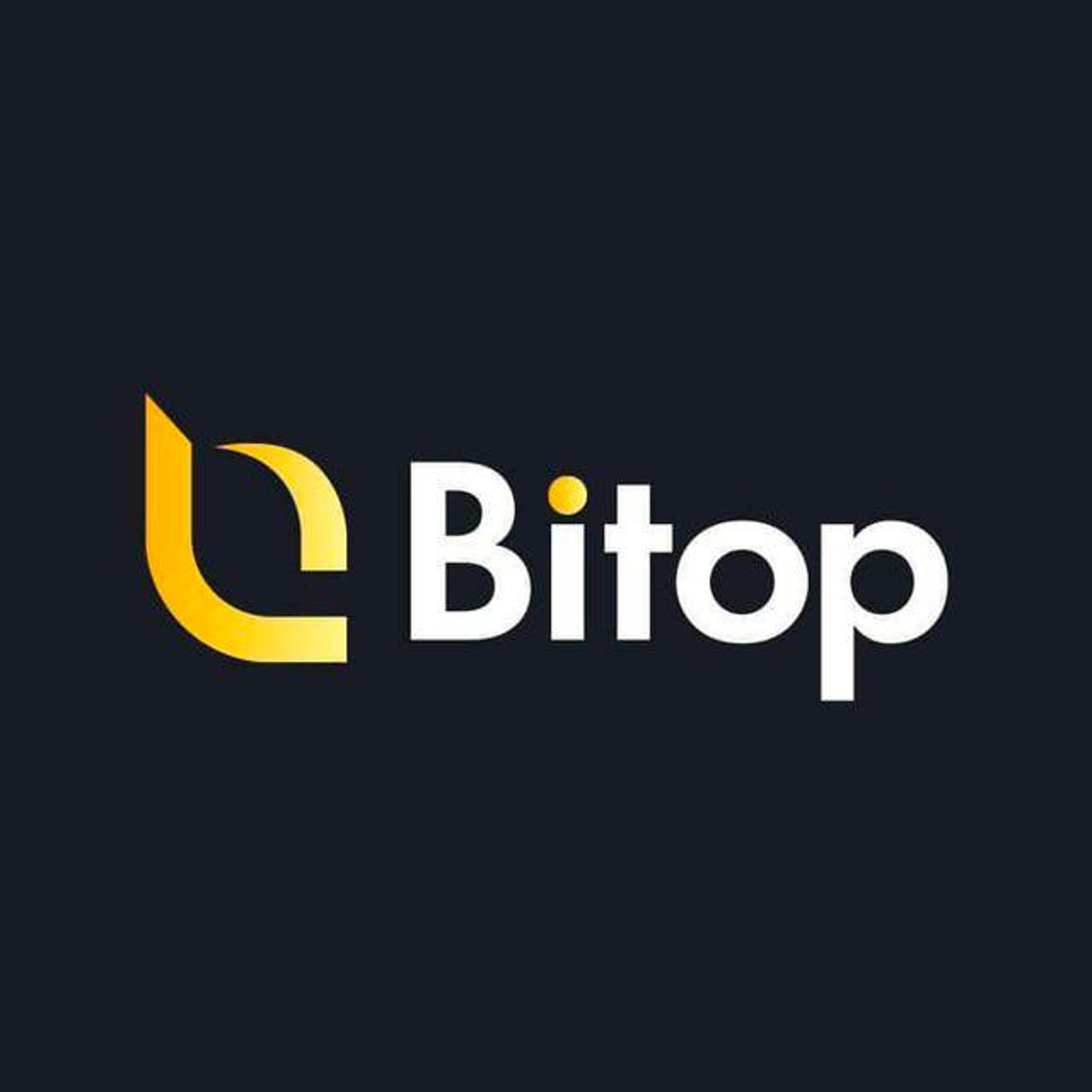
RPL
项目开始时间

1970年1月1日
关于
1. Background IntroductionRocket Pool is a decentralized Ethereum staking protocol that allows users to participate in Ethereum's Proof-of-Stake (PoS) consensus mechanism without requiring the full 32 ETH typically needed to run a validator. It is designed to be a trustless, permissionless, and community-driven platform, enabling smaller ETH holders to contribute to network security while earning staking rewards.2. Core Website ContentThe Rocket Pool website primarily focuses on explaining its decentralized staking solution. Key sections include an overview of its protocol, how to become a node operator or rETH holder, documentation, community resources, and a blog. The site emphasizes accessibility, security, and decentralization, catering to both technical and non-technical users.3. Technical FeaturesRocket Pool's standout technical features include its decentralized node operator network, which allows users to run a node with as little as 16 ETH (with the remaining 16 ETH crowdsourced). It also introduces rETH, a liquid staking token representing staked ETH plus rewards. The protocol is built with smart contracts on Ethereum, ensuring transparency and security. Its Oracle DAO and minipool design are innovative solutions for decentralized staking.4. TokenomicsThe protocol utilizes two main tokens: RPL (Rocket Pool Token) and rETH. RPL is used for governance and as collateral by node operators, while rETH is a liquid staking derivative that accrues value as staking rewards are generated. The tokenomics are designed to incentivize participation, with node operators earning RPL rewards in addition to ETH staking yields.5. Similar Competitor ComparisonCompared to centralized alternatives like Lido or exchanges' staking services, Rocket Pool offers a more decentralized approach. While Lido dominates in total value locked, Rocket Pool provides better decentralization with its permissionless node operator model. It competes with other decentralized staking solutions like StakeWise but differentiates with its unique 16 ETH minipool design and RPL token utility.6. Risks and ChallengesMain risks include smart contract vulnerabilities, potential slashing penalties for node operators, and the competitive landscape of staking services. The protocol also faces challenges in scaling its node operator base to match centralized alternatives. Regulatory uncertainty around staking derivatives like rETH presents another potential risk factor.7. Industry FutureAs Ethereum's staking ecosystem grows post-Merge, decentralized solutions like Rocket Pool are well-positioned to capture market share from centralized providers. The increasing demand for liquid staking tokens and the broader trend toward decentralized finance (DeFi) could drive adoption. However, success will depend on maintaining security, usability, and competitive yields as the space evolves.8. SummaryRocket Pool presents an innovative decentralized approach to Ethereum staking, addressing key issues of accessibility and decentralization. Its technical design and tokenomics create a compelling alternative to centralized staking services. While facing competition and inherent risks, its community-driven model aligns well with Ethereum's values and could see growing adoption as the staking ecosystem matures. 更多>

























































 看多
看多
 看空
看空